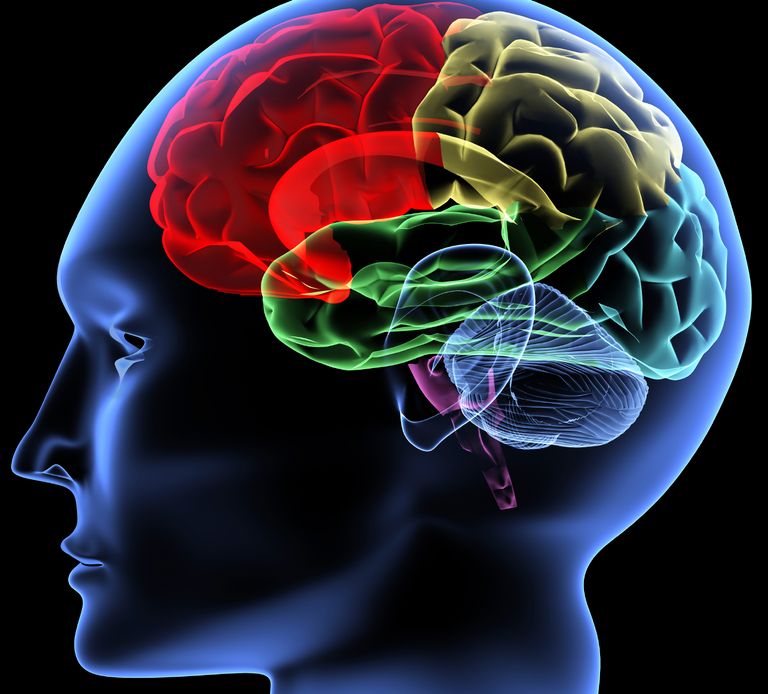
Neurodiversity and Menopause: What Every Workplace Needs to Know
As awareness of both menopause and neurodiversity grows, many people are starting to ask important questions:
What happens when these two experiences overlap? And more importantly – how can we better support those navigating both in the workplace and beyond?
For neurodivergent women and AFAB (assigned female at birth) individuals, the journey through menopause can be uniquely challenging. Yet it remains one of the most overlooked intersections in health and workplace support.

What Do We Mean by Neurodiversity?
Neurodiversity refers to the natural variation in how people think, process information, and experience the world.
This includes conditions like ADHD, autism, dyslexia, dyspraxia, Irlen Syndrome, and more. Neurodivergent people often bring valuable perspectives, creativity, and strengths to teams and organisations – when they’re supported appropriately.

The Menopause Experience...
Not One-Size-Fits-All
Menopause can bring a wide range of symptoms – from hot flushes and sleep disruption to anxiety, brain fog, and memory issues. But for neurodivergent individuals, these symptoms can feel more intense or present differently. For example:
Those with ADHD may find that executive functioning becomes even harder.
Autistic individuals may notice increased sensory sensitivity or reduced capacity for masking.
People with dyslexia or dyspraxia may experience greater fatigue or issues with concentration and coordination.
This overlap can amplify daily challenges, making it harder to cope at work and at home – particularly if support isn’t in place.
Why It Matters in the Workplace
Neurodivergent women and AFAB people are already at higher risk of being misunderstood or unsupported at work. Add in menopausal symptoms, and it’s easy to see why many consider stepping back, changing careers, or leaving the workforce altogether.
But it doesn’t have to be that way.


What Can Employers Do?
The good news? With the right awareness, policies, and culture, workplaces can become more inclusive and empowering. Here’s how:
Create psychological safety – Ensure that your culture encourages openness and reduces stigma around both menopause and neurodiversity.
Offer flexible adjustments – Noise-cancelling headphones, task prioritisation support, menopause-friendly uniforms, and flexible hours can make a big difference.
Train managers – Equip them with the skills to recognise when someone might be struggling and how to have compassionate, confidential conversations.
Embed support into policy – Menopause and neurodiversity should be reflected in your EDI (Equality, Diversity & Inclusion) strategies, not treated as add-ons.
Invest in expert-led training – Tailored workshops, coaching, and strategy sessions can help you create a workplace that truly works for everyone.
Final Thoughts
When we understand and embrace the overlap of neurodiversity and menopause, we unlock greater empathy, flexibility, and innovation in our teams. This is about more than compliance – it’s about creating cultures where people can thrive.
If you’d like to explore training, coaching or consultancy around menopause and neurodiversity in the workplace, I’d love to hear from you.
Let’s create spaces where nobody feels they have to mask, push through, or opt out.

